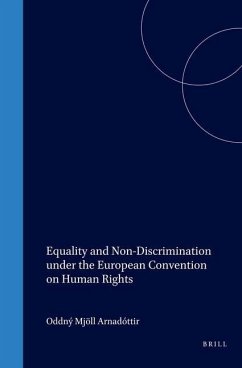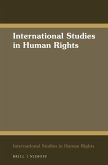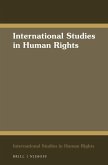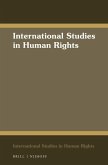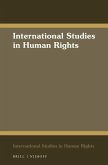The case-law of the European Court of Human Rights on discrimination under the Convention is typically considered to be unclear and conflicting. Against that background, new possibilities for more effective protection against discrimination are opening up through recent developments in the case-law on Article 14 and with the advent of the new Protocol 12 to the Convention. This study demonstrates that the 'objective and reasonable justification' test and convenional treatment of non-discrimination are not apt for dealing with these emerging new possibilities or for explaining the variations in existing case-law. It therefore suggests a new approach to dealing with protection against discrimination under the Convention, developed by focusing on variations in the strictness of objective justification review. This study proposes a more viable framework for understanding discrimination analysis under the Convention which includes an alternative interpretation of the burden of proof under Article 14 and a three-tiered model of factors that influences the strictness of review.

